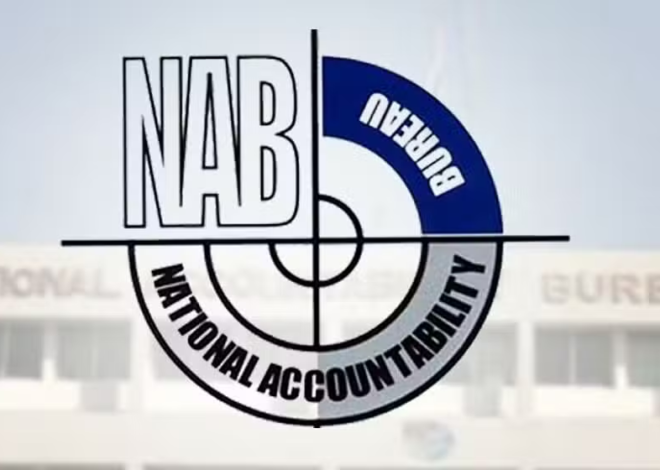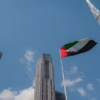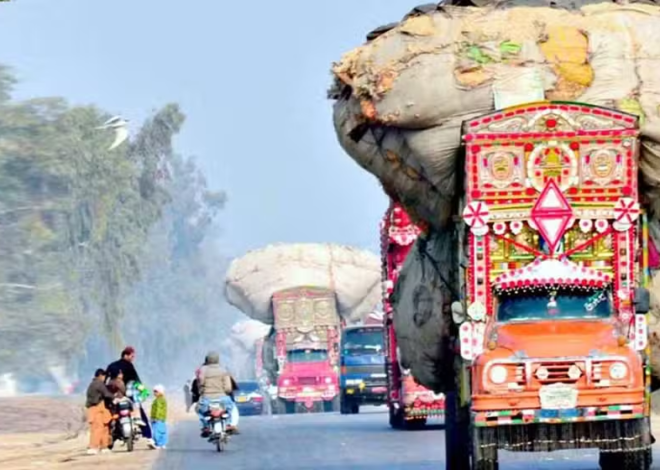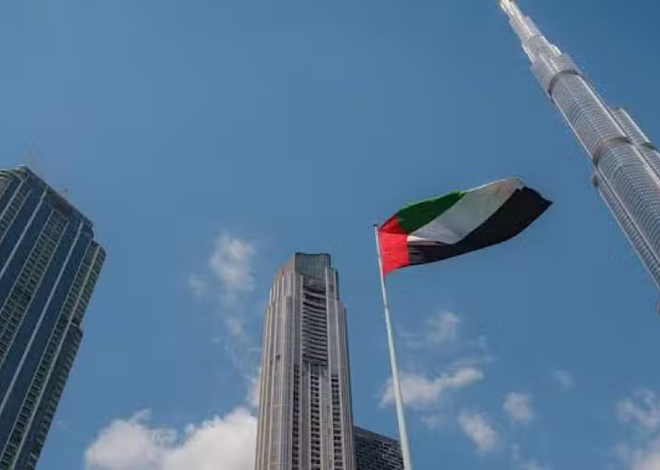
PTI Founder Calls for Open Trial Amid Islamabad Power Show Controversy
In a significant development in Pakistan’s political landscape, the founder of the Pakistan Tehreek-e-Insaf (PTI), Imran Khan, has made waves with his recent statements concerning the Islamabad power show and his demand for an open trial. As tensions escalate within the country’s political circles, Khan’s remarks are drawing attention both domestically and internationally.
The Islamabad Power Show: A Display of Strength or a Sign of Division?
The Islamabad power show, organized by PTI, was intended to be a demonstration of the party’s influence and its ability to mobilize supporters. Thousands of PTI followers gathered in the capital, waving flags and chanting slogans in a show of solidarity with their leader. The event, which was marked by passionate speeches and a charged atmosphere, was aimed at showcasing the party’s resilience amid mounting challenges.
However, the power show has also exposed deepening rifts within Pakistan’s political fabric. Critics argue that the event was more about flexing muscles than addressing the real issues facing the country. The opposition parties have accused PTI of using such displays to divert attention from their failures in governance and the deteriorating economic situation in the country.
Imran Khan’s Demand for an Open Trial: A Bold Move or a Desperate Plea?
At the heart of the recent controversy is Imran Khan’s outspoken demand for an open trial. In his speech during the Islamabad power show, Khan reiterated his call for transparency and accountability, urging the judiciary to conduct an open trial in cases involving his political rivals and himself. He emphasized that an open trial would not only clear his name but also expose the alleged corruption and malpractices of those in power.
Khan’s call for an open trial is being interpreted by many as a strategic move to put pressure on the judiciary and the current government. By demanding transparency, Khan aims to portray himself as a victim of political vendettas, thereby rallying public sympathy and support. However, opponents view this demand as a calculated attempt to shift the narrative and paint his adversaries in a negative light.
The Legal Battle: A Fight for Justice or a Political Stunt?
The legal battles surrounding Imran Khan and his political associates have been a focal point of Pakistani politics for years. Accusations of corruption, misuse of power, and electoral malpractices have plagued both PTI and its opponents. The demand for an open trial is seen by some as a crucial step towards ensuring justice and restoring public faith in the country’s legal system.
On the other hand, skeptics argue that Khan’s insistence on an open trial is more of a political maneuver than a genuine quest for justice. They contend that such trials could become media spectacles, further polarizing the already divided public opinion. The potential for these trials to be influenced by external pressures or to become platforms for political grandstanding is a concern shared by many legal experts.
The Role of the Judiciary: Between Independence and Political Influence
The judiciary in Pakistan has often found itself at the center of political controversies. As Imran Khan pushes for an open trial, the judiciary faces a challenging task of maintaining its independence while ensuring that justice is served. The pressure on the judiciary to act impartially is immense, especially in a climate where political allegiances and public opinion can sway legal outcomes.
The judiciary’s response to Khan’s demand will likely have far-reaching implications for the country’s legal and political future. An open trial, if conducted, would be closely scrutinized, not only for its adherence to legal standards but also for its impact on the broader political narrative in Pakistan. The judiciary’s ability to navigate this complex landscape without compromising its integrity will be a test of its resilience and independence.
Public Reaction: Support, Skepticism, and Uncertainty
The public reaction to Imran Khan’s statements and the Islamabad power show has been mixed. While his supporters see his demand for an open trial as a courageous stand against corruption, others view it with skepticism, questioning the motives behind such a demand. The divided opinions reflect the broader polarization in Pakistani society, where political loyalties often dictate perceptions of justice and governance.







